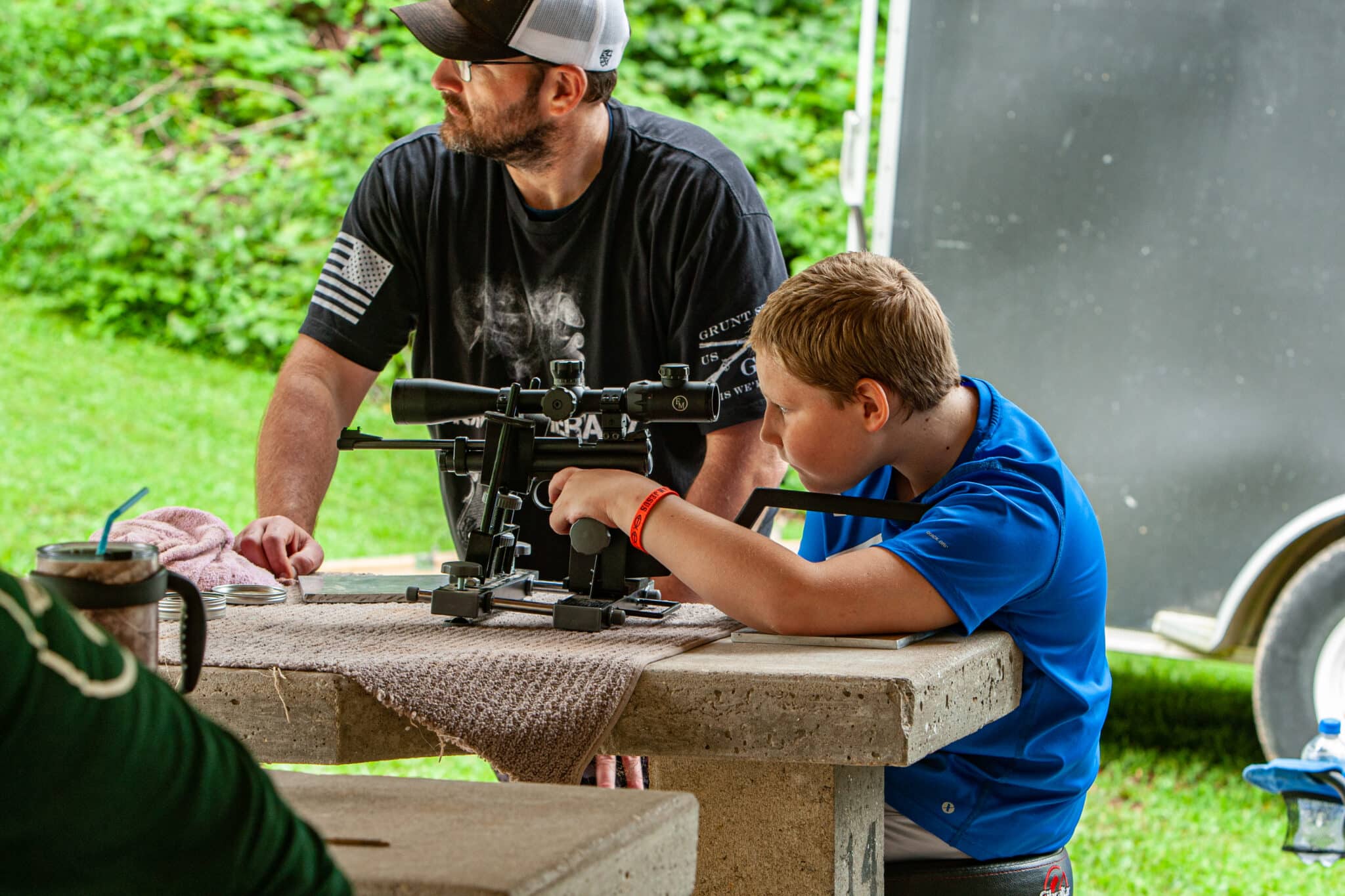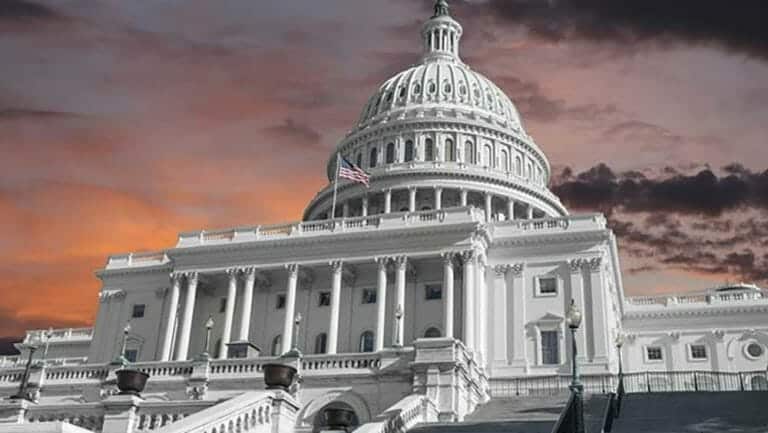Painting Partial Win As Betrayal Is A Big Mistake
United States – -(AmmoLand.com)- The recent omnibus passed by Congress included the NICS Denial Notification Act, among some other provisions. There have been claims that this is yet another NRA betrayal. Others have pointed out that the NRA – in conjunction with other pro-Second Amendment organizations – averted a massive retroactive expansion of the “prohibited persons” category.
It once again comes down to a simple question: How do you define winning? In this case, the objective conditions point to a big win for the good guys in this omnibus, even with what got passed with the renewal of the Violence Against Women Act (VAWA).
For instance, anti-Second Amendment extremists had sought to close so-called “boyfriend” and “stalker” loopholes – and not only would it have expanded the prohibited person lists, but it would also have been a retroactive expansion.
Think of this as being a much smaller-scale version of the dynamics faced with the 1968 gun Control Act. The “win” wasn’t seeing NOTHING pass, the “win” was thwarting the main objectives of anti-Second Amendment extremists. In 1968, it was a licensing and registration scheme. This year, it was retroactively punishing people.
These retroactive punishments are patently unfair. There is no rational, ethical, or moral basis to justify adding new punishment years or decades after someone makes a plea bargain – or even fi they are convicted in a court of law. It’s a basic fairness issue. In the big fight, the NRA was there, and they won.
When it comes to the NICS Denial Notification Act, this sort of “loss” is one Second Amendment supporters can live with. Why? Because now can get some data on the denials and what really is going on with them. In one Justice Department study, it was noted that in 2010, there were 76,142 denials. Out of those 76,142 denials, only 62 resulted in charges, and 18 of those charges were later dropped with another 10 dismissed as part of plea bargains.
In addition, the Justice Department study noted that there were 3,201 cases where denials were overturned or canceled. There were also another 989 cases where it turned out the “prohibited person” was actually not prohibited from owning a firearm. Taken all together, that is 4,190 false positives. It might not sound like a problem to some but tell that to a person who was falsely suspected of violating laws and facing a 10-year prison sentence.
Ideally, it would help Second Amendment supporters if the government had to report what sort of felonies were resulting in denials, and perhaps these are questions that Second Amendment champions in Congress could ask. Failing to return a videotape on time is much different than possessing fentanyl with intent to distribute. One eventual goal could be to narrow what sort of offenses should cause someone to become a “prohibited person.”
We’re not even getting to the cases where ATF didn’t bother to pass referrals to field offices or when federal prosecutors declined to prosecute. A closer look at federal and state guidelines may also be worth a look as well. Anti-Second Amendment extremists make a lot of claims about who gets denied and being able to prove them to be liars will be important in the fight to reform NICS.
That is going to require a lot of thought and strategy as opposed to click-bait headlines. More importantly, it will not be helped by dubious charges of “betrayal” when the actual result is highly positive for Second Amendment supporters, whether in denying anti-Second Amendment extremists from obtaining their major objective or because we will be able to gain data on NICS denials.
The most important thing is for Second Amendment supporters to work hard to defeat anti-Second Amendment extremism at the federal, state, and local level via the ballot box this coming November, and in every other election.




